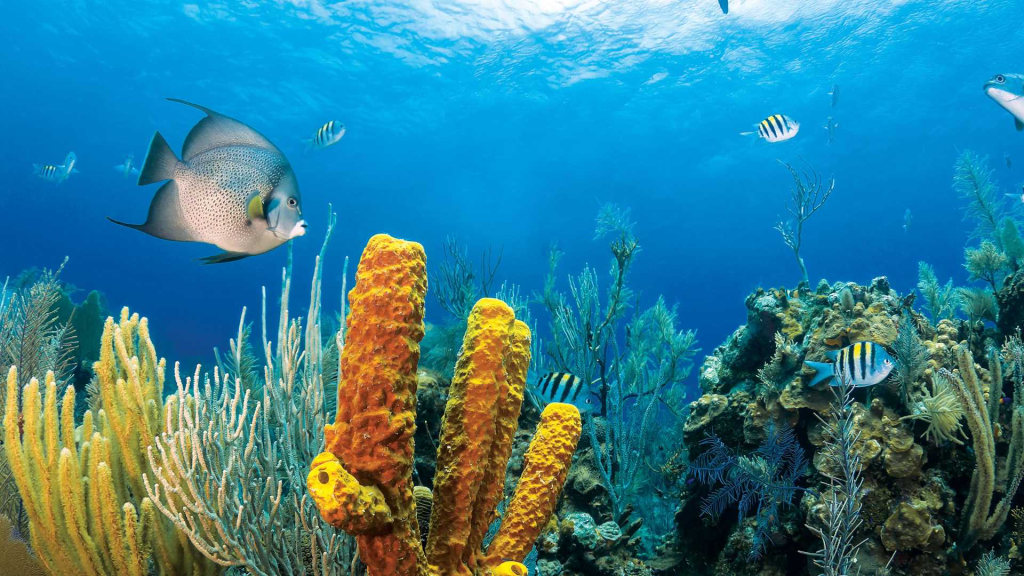
Indonesia, renowned for its rich marine biodiversity, faces significant challenges in conserving its oceanic ecosystems. The country’s coral reefs, mangroves, and marine species are under threat due to overfishing, pollution, and climate change.
Coral reefs, often termed the “rainforests of the sea,” support a vast array of marine life but are increasingly endangered by rising sea temperatures and ocean acidification. According to recent reports, up to 30% of Indonesia’s coral reefs have suffered severe bleaching. Efforts to mitigate this include coral restoration projects and marine protected areas (MPAs) aimed at reducing human impact and enhancing reef resilience.
Pollution, particularly plastic waste, poses another grave concern. The Indonesian archipelago is one of the largest contributors of marine plastic debris globally. Initiatives such as community beach clean-ups and stricter regulations on plastic use are being implemented to address this issue. Additionally, marine conservation organizations are working to increase public awareness about the detrimental effects of plastic pollution on marine life.
Overfishing, driven by high demand for seafood, further endangers fish stocks and disrupts marine ecosystems. Sustainable fishing practices and stricter enforcement of fishing regulations are critical to ensuring the long-term health of marine populations.
In response to these challenges, the Indonesian government, along with international partners, is investing in conservation efforts and promoting sustainable practices. By combining scientific research, community engagement, and policy changes, Indonesia aims to protect its invaluable marine resources for future generations.
For more information on marine conservation efforts, visit [relevant websites or organizations].